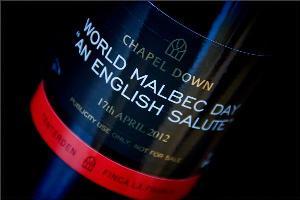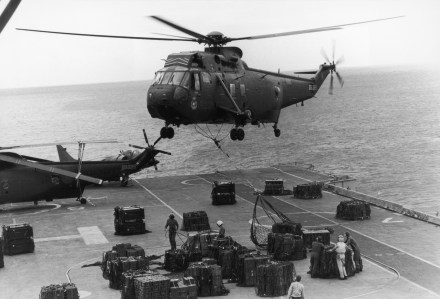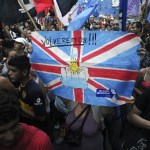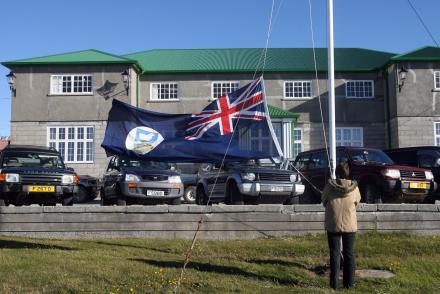Argentina’s ambassador to the UK trolls the Tory backbenchers
Nothing like a bit of Argie-bargie to get the Tory backbenchers going. Mr S has been passed a letter and booklet sent by the Argentine Embassy in London to all MPs concerning the ‘Malvinas’. According to the ambassador Alicia Castro: ‘The book provides and overview of the actions that we have been carrying out with regard to the Malvinas Question. We have built contacts with political authorities, trade unions and NGOs; we have participated in university debates; we have produced press articles and information campaigns, and we have visited the UK’s four constituent nations.’ It goes on to hope: ‘2015 will be the year in which the United Kingdom and Argentina


















